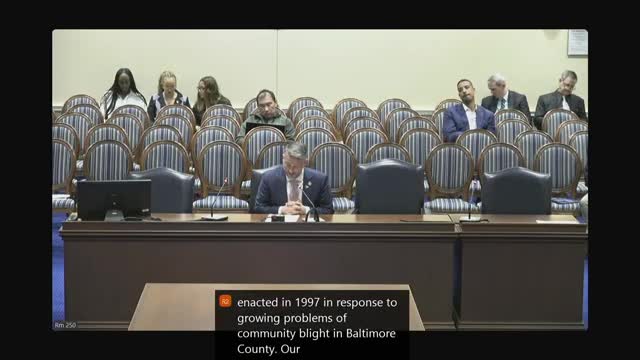Article not found
This article is no longer available. But don't worry—we've gathered other articles that discuss the same topic.

Bill would require advance notice, narrow entry hours for landlords; tenant advocates back measure, industry expresses operational concerns
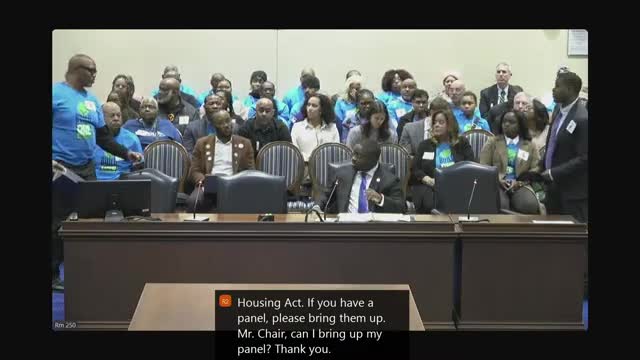
Fair Chance in Housing bill would limit criminal-history screening early in rental process, backers say
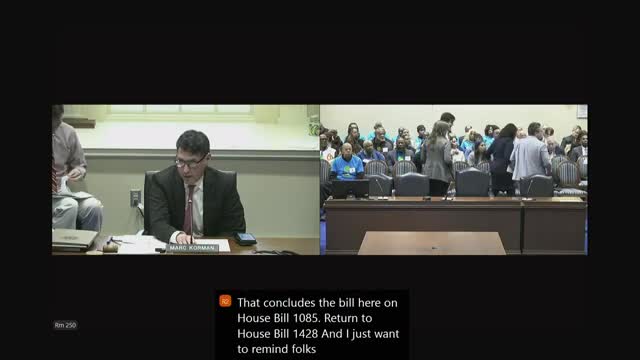
Sponsors pitch tax and right-of-first-offer measures to curb large corporate purchases of single-family homes
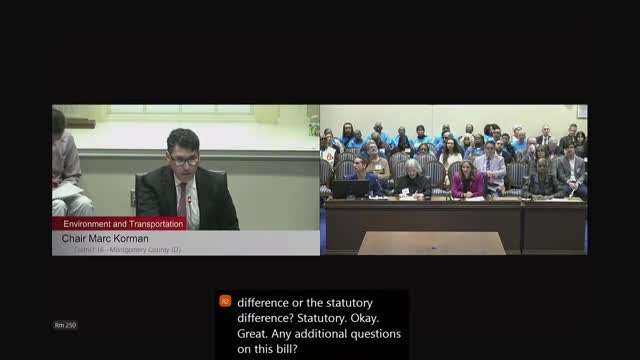
Bill would extend property-tax exemption for nonprofit affiliates of housing authorities statewide

Committee hears bill to create limited-equity housing cooperatives in Maryland
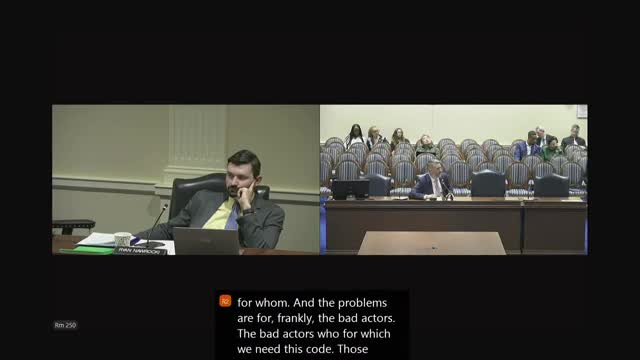
Land-bank bill would expand tools to acquire and revitalize vacant properties, sponsors say
